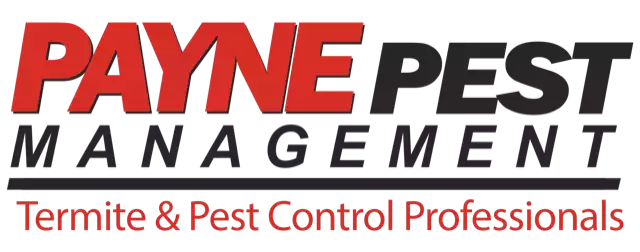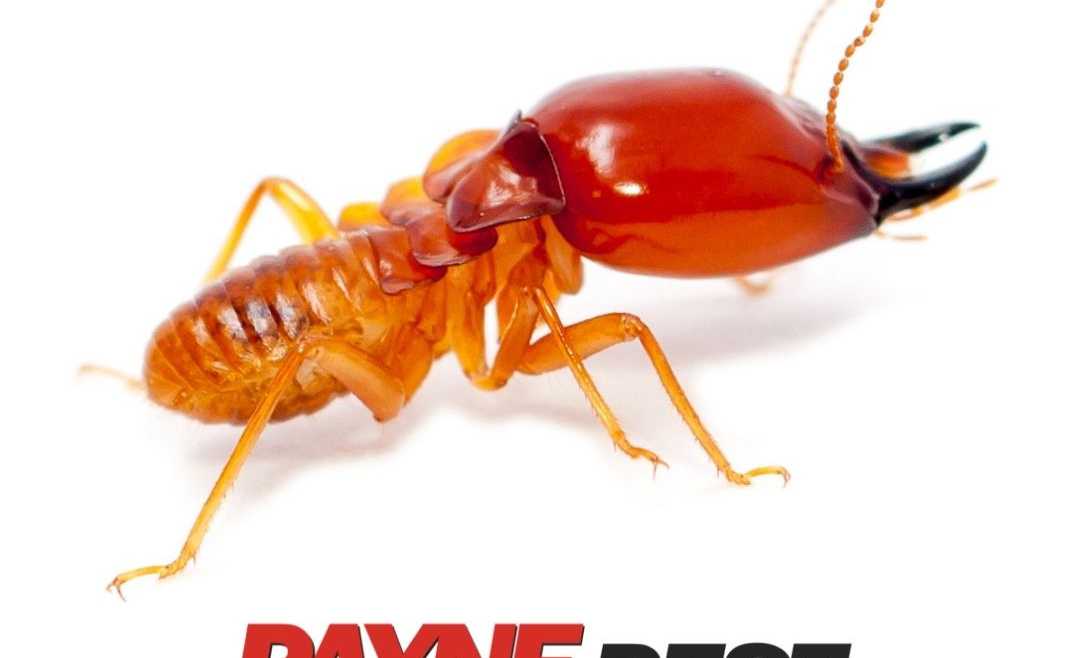When it comes to protecting your home against subterranean termite infestations, you cannot go wrong with the chemical barrier. Excellent for both prevention and control, the chemical barrier has been in use for decades against these pests. In this article, we’re going to go more in-depth into this control method and cover everything you need to know about it.
What is a chemical barrier?
Because subterranean termites build their colonies underground, it can be very hard to destroy them using insecticides, so one of the best approaches to stop a termite infestation quickly is to cut off the pathways between the home and the colony. This is where the chemical barrier comes in. The chemical barrier is a wall of insecticide placed deep in the ground, which will kill any termite that comes into contact with it, effectively stopping the infestation in the home in a matter of days.
How is a chemical barrier applied?
To install a chemical barrier, a pest control pro will first dig out a trench around the home, and then inject insecticide into that trench. The process is straightforward in most situations, but there are cases when obstacles have to be removed or destroyed during the installation process. For example, the pro may need to break through concrete, drill, or remove a flower bed in order to dig the trench.
Disadvantages of the chemical barrier
The main disadvantage of the chemical barrier is that it does not kill off the subterranean colony responsible for the infestation, it simply stops it from being able to reach the home. This will create the incentive for the termites to look for wood somewhere else, and the infestation can spread to other parts of your property.
Alternative control methods
There are several alternative control methods to the chemical barrier, but the most used is the baiting system. A baiting system is designed to destroy the colony itself, but it can take up to a few months for it to do so. As such, the baiting system is often an addition to the chemical barrier, and the two are used in conjunction to offer a more complete protective shield against subterranean termites. For more information on the various subterranean termite control methods and the chemical barrier, or if you have a termite infestation that has to be removed, contact us today.







